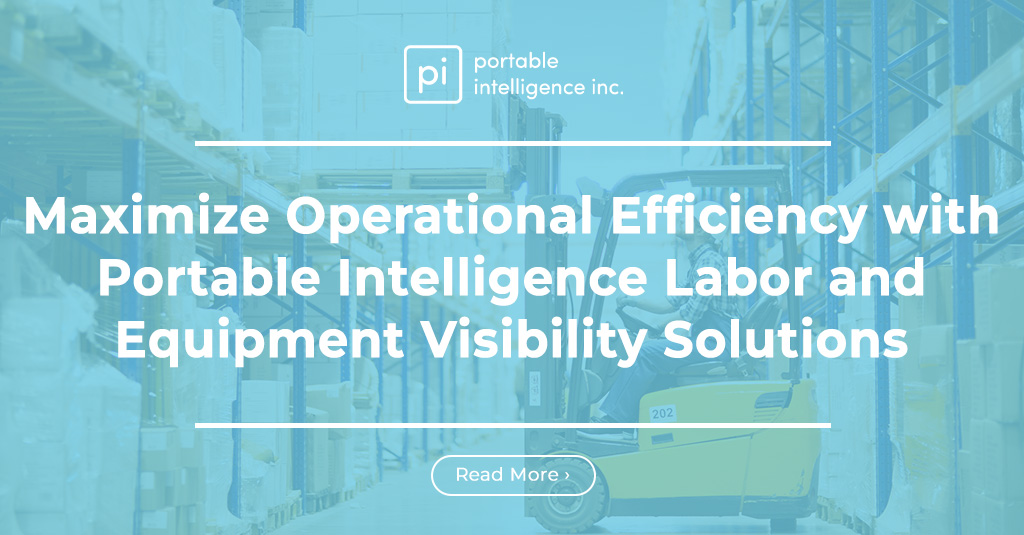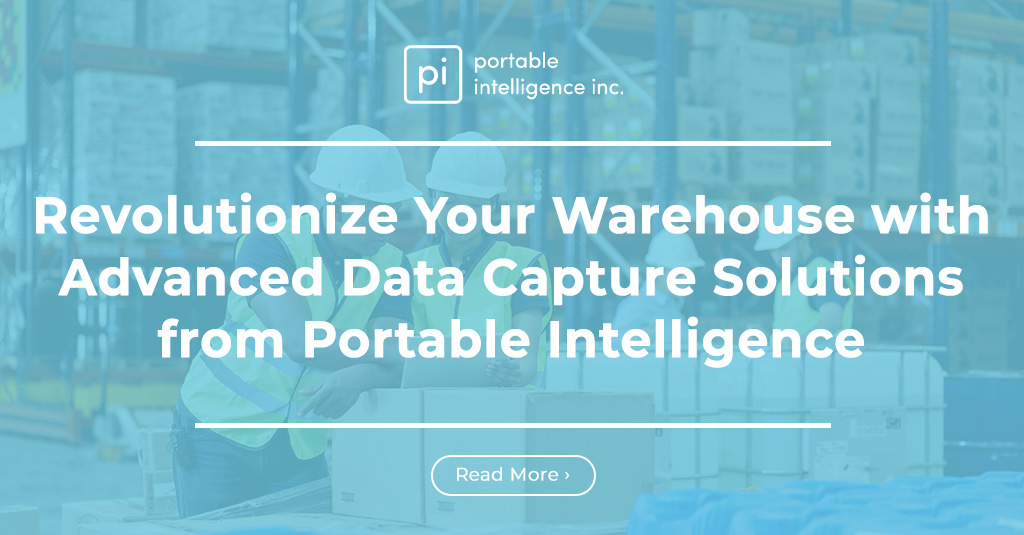What is a Smart Warehouse?
A smart warehouse refers to a modernized and technologically advanced warehouse that uses various tools and systems to optimize operations and increase efficiency. Unlike traditional warehouses, smart warehouses utilize automation and real-time data analysis to improve productivity, inventory management, safety, customer satisfaction, and data analytics. The purpose of this blog post is to explore the many advantages of a smart warehouse compared to a traditional warehouse and to provide insights into why businesses should consider transitioning to a smart warehouse. By automating many of the manual processes in a traditional warehouse, businesses can reduce errors, increase speed, and improve the overall functioning of their warehouse operations.
Increased Productivity
One of the key advantages of a smart warehouse is increased productivity. Automated processes such as conveyor systems, robotic picking, and automated storage and retrieval systems can significantly reduce the amount of time and labor required to complete tasks in a warehouse. These systems also minimize the risk of human error, which can often lead to slowdowns and inaccuracies in traditional warehouses. Real-time tracking and monitoring of operations through sensors and other technologies can provide valuable data and insights into the functioning of the warehouse, allowing managers to make more informed decisions and quickly identify and address any issues. The result is an increase in the overall efficiency and productivity of the warehouse, which can lead to significant cost savings and improved competitiveness in the marketplace.
Better Inventory Management
Another advantage of a smart warehouse is improved inventory management. With automated tracking systems in place, businesses can accurately monitor their inventory levels in real-time and quickly identify any discrepancies. This leads to more accurate inventory data, which can be used to make informed decisions about reordering and managing stock levels. The improved accuracy of inventory data can also help businesses to avoid overstocking, reducing waste and saving on storage costs. Additionally, smart warehouses often employ advanced forecasting and predictive analytics tools, which can help businesses to optimize their inventory levels and reduce the risk of stock shortages. Overall, the increased visibility and control provided by a smart warehouse can lead to a more efficient and streamlined inventory management process
Enhanced Safety
A smart warehouse can also offer a safer working environment compared to a traditional warehouse. Automated processes and the use of robotics can reduce the risk of accidents and injuries, as many manual tasks are performed by machines rather than people. Real-time monitoring systems can also be used to track hazardous materials and ensure that they are handled and stored properly, reducing the risk of accidents and spills. Furthermore, smart warehouses often employ advanced security systems, such as surveillance cameras and access control systems, which can help to prevent theft and other security breaches. The increased safety measures provided by a smart warehouse can lead to a more secure and stable working environment, improving the well-being of employees and reducing the risk of accidents and injuries.
Increased Customer Satisfaction
By adopting a smart warehouse, businesses can also improve their level of customer satisfaction. Automated order fulfillment processes can lead to increased accuracy and speed, reducing the risk of incorrect orders and delays in delivery times. This can help businesses to build a positive reputation and increase customer loyalty. Additionally, the increased supply chain visibility provided by a smart warehouse can lead to better communication with customers, allowing businesses to respond quickly to their needs and provide a more personalized service. The real-time data analysis capabilities of a smart warehouse can also help businesses to identify and address inefficiencies in their operations, improving overall performance and helping to maintain high levels of customer satisfaction. By prioritizing the needs of their customers, businesses can increase their competitive advantage and drive growth in their industry.
Improved Data Analytics
A smart warehouse also offers significant improvements in data analytics, enabling businesses to make data-driven decisions and optimize their operations. With real-time data collection and analysis tools in place, businesses can gain valuable insights into the functioning of their warehouse and identify areas for improvement. This can lead to a more efficient and effective decision-making process, allowing businesses to respond quickly to changes in demand or supply chain disruptions. Additionally, predictive analytics and forecasting tools can help businesses to anticipate future trends and proactively address potential issues, leading to improved performance and reduced risk. The improved data analytics capabilities of a smart warehouse can help businesses to stay ahead of the competition and drive growth in their industry.
In conclusion, the transition to a smart warehouse offers businesses a range of benefits over a traditional warehouse. From increased productivity, better inventory management, and enhanced safety, to increased customer satisfaction and improved data analytics, a smart warehouse provides businesses with the tools they need to optimize their operations and drive growth. By automating manual processes and using real-time data analysis, smart warehouses offer businesses a more efficient and effective approach to warehousing and supply chain management. While the initial investment may be significant, the long-term benefits and cost savings make a smart warehouse a smart investment for businesses looking to stay ahead of the competition and drive growth in their industry.




